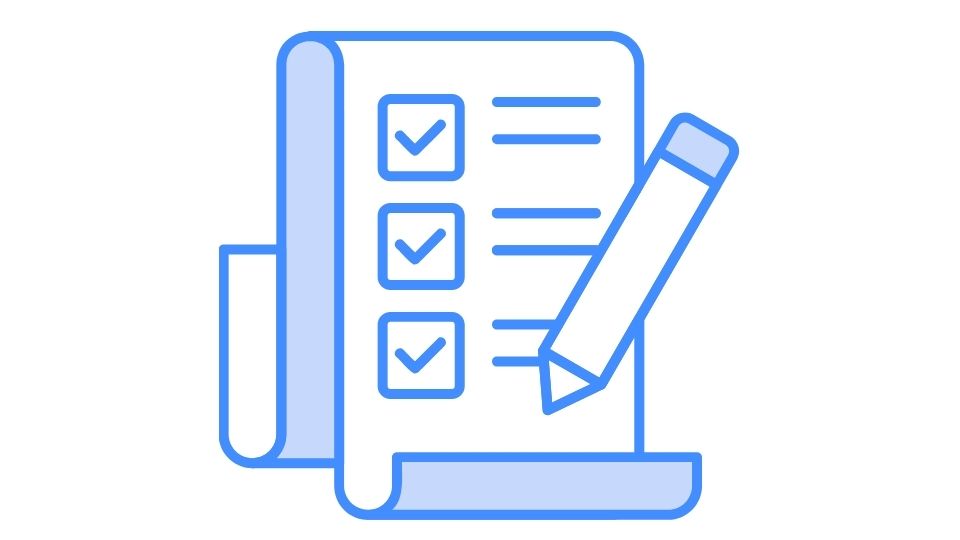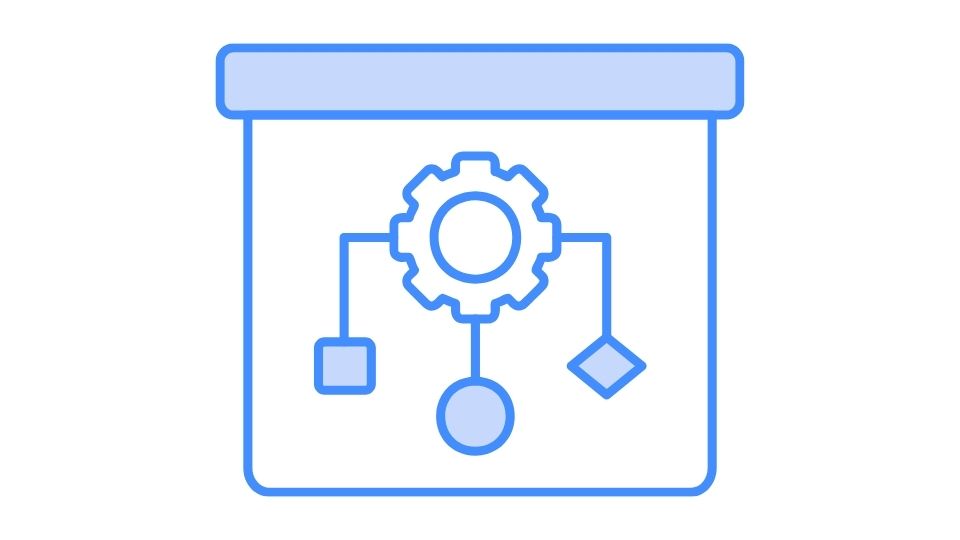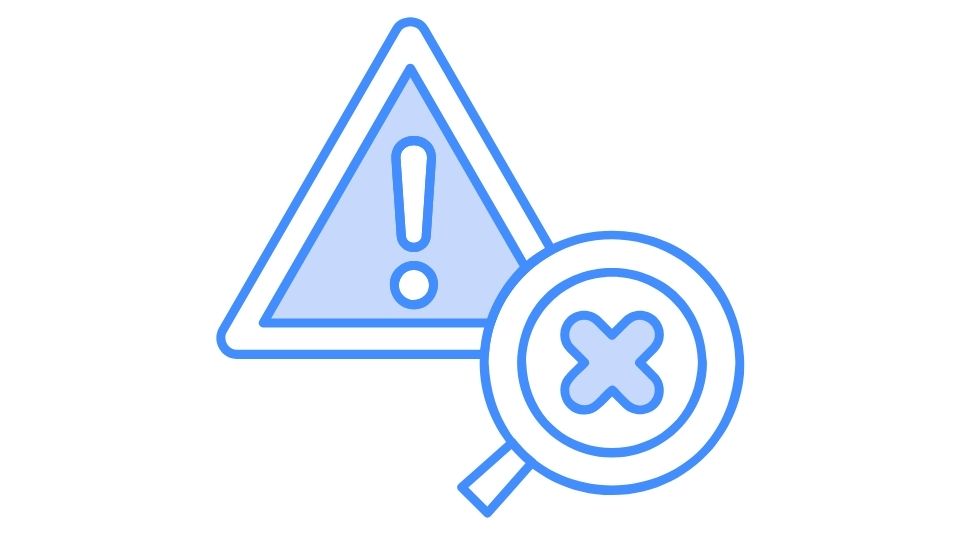Stressed Out at Work? These 5 Tips Will Help You Cope Fast

Feeling like your job is going to give you a heart attack? You’re not alone.
Let’s face it – high-pressure jobs can be a complete nightmare sometimes. Between impossible deadlines, that boss who thinks you’re superhuman, and the constant feeling that your to-do list is reproducing like rabbits while you sleep it’s a lot.
But here’s the thing: while stress might be unavoidable, becoming a burnt-out zombie version of yourself is optional.
I’ve collected some practical strategies that actually work for managing stress in those jobs that make you question your life choices on Monday mornings. And no, “just quit” isn’t one of them (though I mean it’s always on the table).
Why Your High-Pressure Job Is Slowly Killing You (And What To Do About It)
Let’s start with the obvious – your body is trying to tell you something when you’re stressed. Those headaches, that irritability, the fact that you can’t remember what you read 30 seconds ago? Yeah, that’s your body screaming “MAYDAY! MAYDAY!” in the only language it knows.
Common stress triggers at work include:
- Deadlines that seem designed by sadists
- Workloads better suited for three people
- That feeling of being watched like a hawk by management
9 Ways To Keep Your Sanity When Your Job Is Trying To Steal It

1. Figure out what’s actually stressing you out
Is it really the deadline, or is it the fact that your coworker Dave always waits until the last minute to give you what you need?
Before you can fix a problem, you need to know what it is. Research from the American Institute of Stress shows that identifying specific stressors gives you much more control over your stress response.
Take a stress inventory: for one week, write down when you feel most stressed and what triggered it. Patterns will emerge faster than you think.
2. Organize your work like your sanity depends on it (because it does)
Prioritization isn’t just a nice-to-have skill; it’s survival.
Use the Eisenhower Matrix to sort tasks:
- Urgent and important: Do these now
- Important but not urgent: Schedule these
- Urgent but not important: Delegate if possible
- Neither urgent nor important: Do you really need to do these?
Tools like Todoist or Trello can make this process much easier. The simple act of organizing can reduce stress by giving you a sense of control.
3. Set goals that don’t make you laugh (or cry)
Setting impossible goals is like planning to fail, and your brain knows it.
When you break down Mount Everest-sized projects into small, manageable chunks, your brain releases dopamine with each mini-victory, keeping you motivated rather than overwhelmed.
One study found that progress – even small progress – is the single most important factor in keeping people motivated and engaged at work. So give yourself some wins, no matter how small!
4. Actually try those stress-relief techniques everyone keeps talking about
I know, I know. When someone tells you to “just breathe” when you’re stressed, you want to practice your breathing by screaming into a pillow. But hear me out:
- Deep breathing: It works because it literally counteracts your body’s fight-or-flight response. Try the 4-7-8 technique: inhale for 4, hold for 7, exhale for 8.
- Mindfulness: Not just for yoga influencers! A study in the Journal of Occupational Health Psychology found that just 15 minutes of mindfulness practice significantly reduced stress levels.
- Regular exercise: Even a 10-minute walk can reset your brain chemistry.
5. Take breaks like they’re part of your job (because they are)
Your brain is not designed to focus intensely for 8+ hours. That’s not an opinion; that’s neuroscience.
The most productive people work in focused sprints of 52 minutes followed by 17-minute breaks, according to research from the Draugiem Group.
I’m not saying you need to time yourself exactly, but at least try the Pomodoro Technique – 25 minutes of work followed by a 5-minute break. Your brain will thank you.
6. Build a fortress between work and life
Setting boundaries isn’t selfish; it’s necessary for survival.
- Turn off notifications after work hours
- Have a physical “shutdown ritual” at the end of each day
- Stop checking email from bed (I see you)
When Microsoft Japan tested a 4-day workweek, productivity jumped by 40%. Why? Because rest makes you better at your job, not worse.
7. Eat like an adult, not a college student pulling an all-nighter
What you put in your body directly affects your stress levels.
Foods that help combat stress:
- Fatty fish (omega-3s)
- Dark chocolate (in moderation)
- Whole grains
- Nuts and seeds
And maybe reconsider that sixth cup of coffee. Caffeine has a half-life of 5-6 hours, meaning half of it is still in your system 6 hours later, potentially disrupting your sleep and making tomorrow even more stressful.
8. Ask for help before you’re drowning
Strong people ask for help. Full stop.
Whether it’s delegating tasks, talking to your manager about workload, or even seeing a therapist, asking for support is a sign of self-awareness, not weakness.
The Harvard Business Review found that teams who ask for help outperform those who don’t. So not only is it good for your mental health, but it’s also good for your career.
9. Use technology as your stress-fighting sidekick
Automation is your friend in a high-pressure job.
- Use templates for recurring emails
- Set up automatic filters for your inbox
- Try project management tools that track progress automatically
A Workfront survey found that workers spend only 40% of their day on primary job duties due to excessive emails, administrative tasks, and interruptions. Technology can help reclaim some of that time.
How Mindfulness Can Help (Even If You Think It’s Woo-Woo Nonsense)

I get it. When you’re drowning in stress, sitting quietly and “being present” sounds about as helpful as a chocolate teapot.
But here’s the science: mindfulness physically changes your brain. Regular practitioners show increased density in regions associated with learning, memory, emotion regulation, and perspective-taking. It’s like a workout for your brain’s “chill out” muscles.
Start small:
- One minute of deep breathing before meetings
- Eating one meal without your phone
- A 5-minute guided meditation during your lunch break
Exercise: The Stress-Management Strategy You’re Probably Ignoring

We all know exercise is good for us, but when we’re stressed, it’s usually the first thing to go. Big mistake. HUGE.
Exercise doesn’t just make you feel better temporarily; it actually increases your resilience to stress over time. It’s like building stress immunity.
You don’t need to train for a marathon:
- A 20-minute walk during lunch
- Quick HIIT workouts (as little as 7 minutes can be effective)
- Stretching at your desk when tension builds
When You’re the Boss: Leading Without Creating Stress Zombies

If you manage others, congratulations – you have a superpower to either reduce or amplify stress for your team.
The best managers:
- Create psychological safety (people can admit mistakes without fear)
- Set clear expectations (ambiguity is stressful)
- Model healthy boundaries (when you email at midnight, you set an expectation)
- Check in about workload before adding more
A Gallup study found that managers account for at least 70% of the variance in employee engagement. Your leadership style matters more than you think.
So there you have it – practical ways to manage stress in high-pressure jobs without quitting to become a yoga instructor in Bali (though I’m not judging if that’s your plan B).
Remember, stress management isn’t a luxury or a sign of weakness; it’s maintenance. Just like you wouldn’t drive your car for years without changing the oil, you can’t run your brain on high alert indefinitely without consequences.
Which of these strategies will you try first? Your future, less-stressed self is waiting to thank you.

